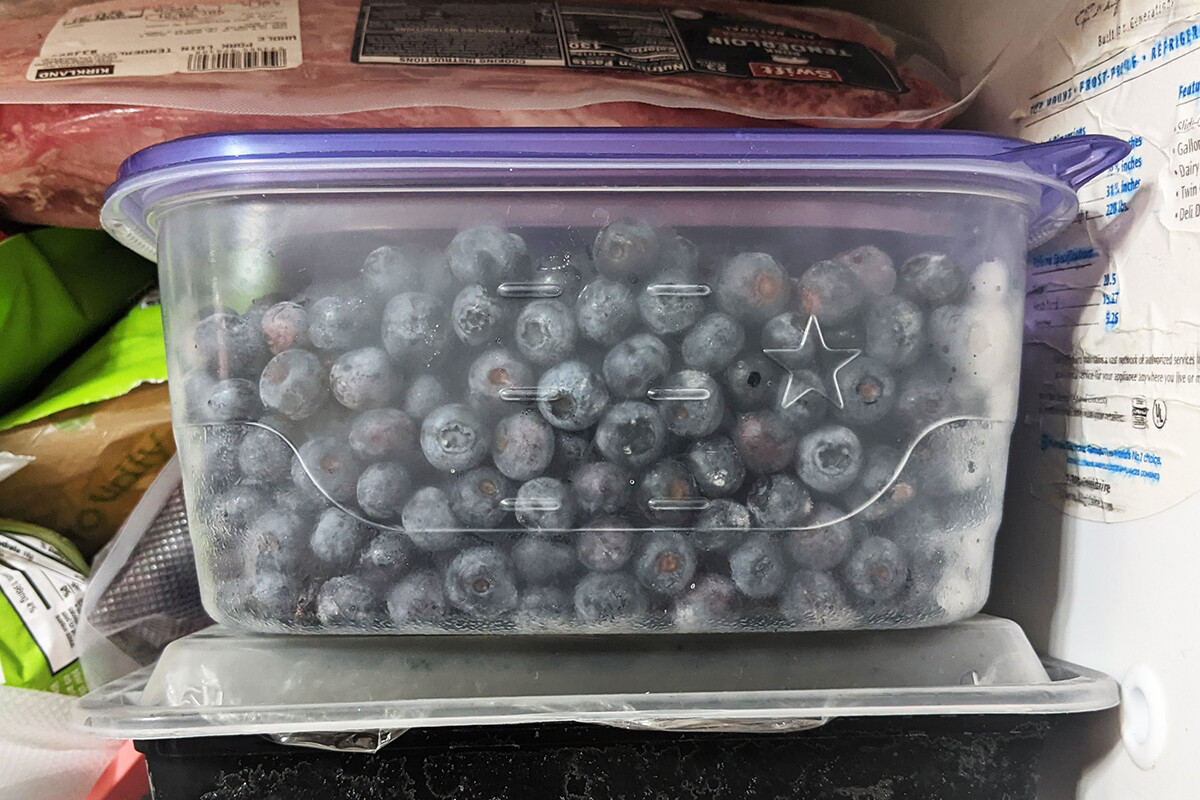

Articles
How To Store Blueberries In Fridge
Modified: December 7, 2023
Learn the best way to store blueberries in the fridge to keep them fresh and flavorful. Read our articles for tips and tricks on preserving your favorite berries.
(Many of the links in this article redirect to a specific reviewed product. Your purchase of these products through affiliate links helps to generate commission for Storables.com, at no extra cost. Learn more)
Introduction
Blueberries are a delicious and nutritious fruit that can be enjoyed in a variety of ways. Whether you prefer them fresh, in smoothies, or in baked goods, it’s important to properly store blueberries to maintain their freshness and flavor. Storing blueberries in the fridge is one of the best methods for preserving their quality and extending their shelf life.
In this article, we will explore the reasons why you should store blueberries in the fridge, as well as provide you with tips and guidelines on how to properly store them. By following these simple steps, you can ensure that your blueberries stay fresh and tasty for longer periods.
Key Takeaways:
- Properly storing blueberries in the fridge preserves their freshness, nutrients, and texture. Follow simple steps to prepare, choose the right container, and refrigerate at the ideal temperature for longer shelf life.
- To extend the shelf life of refrigerated blueberries, avoid washing until use, keep away from ethylene-producing fruits, and consider freezing for prolonged enjoyment. Regularly inspect for spoilage signs to maintain freshness.
Read more: How To Store Blueberries
Why should you store blueberries in the fridge?
Storing blueberries in the fridge offers several key benefits that help to maintain their quality and extend their shelf life. Here are a few reasons why refrigeration is the ideal storage method for blueberries:
- Preserves freshness: Blueberries are highly perishable fruits, and their freshness can quickly deteriorate if not stored properly. The cool temperature and controlled humidity of the fridge help to slow down the natural ripening process, preserving the freshness and flavor of the berries.
- Retains nutrients: Blueberries are known for their high nutritional value, containing antioxidants, vitamins, and minerals. Storing blueberries in the fridge helps to maintain the nutrient content of the fruit, ensuring that you get the maximum health benefits when you consume them.
- Prevents spoilage: Blueberries are prone to mold growth and spoilage, especially when exposed to warm environments. Refrigeration helps to inhibit the growth of mold and bacteria, reducing the chances of spoilage and extending the shelf life of the berries.
- Keeps texture intact: Properly storing blueberries in the fridge helps to retain their firm texture. Blueberries stored at room temperature tend to become soft and mushy more quickly, whereas refrigeration helps to preserve their firmness and juiciness.
By storing blueberries in the fridge, you can enjoy these delicious and nutritious berries at their best, ensuring a longer shelf life and maintaining their quality.
Properly preparing blueberries for refrigeration
Before placing blueberries in the fridge, it’s important to properly prepare them to ensure optimal storage conditions. Follow these steps to prepare blueberries for refrigeration:
- Inspect the berries: Sort through your blueberries and discard any damaged or moldy berries. It’s essential to remove any spoiled berries to prevent them from affecting the quality of the rest of your blueberries.
- Rinse gently: Rinse the blueberries gently under cold running water, removing any dirt or debris present on the surface. Be careful not to rub or squeeze the berries too hard, as this can cause bruising and damage.
- Drain thoroughly: After rinsing, place the blueberries in a colander or strainer to allow excess water to drain off. Ensure that the blueberries are completely dry before refrigerating, as moisture can contribute to mold growth and spoilage.
- Optional: Pat dry: If you prefer, you can gently pat the blueberries dry with a clean towel or paper towel to remove any remaining moisture. This step is particularly useful if you want to ensure that the blueberries are as dry as possible.
Once the blueberries are properly prepared, it’s time to choose the right container for storing them in the fridge.
Choosing the right container for storing blueberries
When it comes to storing blueberries in the fridge, selecting the appropriate container is crucial to maintain their freshness and prevent damage. Here are some factors to consider when choosing the right container:
- Airtight: Opt for an airtight container to minimize air exposure. Air can hasten the ripening process and cause the blueberries to spoil faster. A sealed container helps to create a controlled environment and protect the berries from moisture and contaminants.
- Non-reactive: Use a non-reactive container to prevent any chemical reactions that could affect the taste and quality of the blueberries. Plastic, glass, or stainless steel containers are ideal choices, as they do not react with the acidic nature of the berries.
- Size: Choose a container that is appropriately sized to accommodate your desired quantity of blueberries without overcrowding. Overcrowding can lead to increased pressure and bruising of the berries.
- Durable: Ensure that the container is durable enough to protect the blueberries from getting squished or crushed when stored alongside other items in the fridge. Look for containers with secure lids or covers to keep them intact.
- Ventilation: While you want an airtight container, it’s also important to provide some ventilation to prevent excess moisture buildup. Look for containers with small vents or holes to allow for proper airflow.
Consider these factors when choosing a container to store your blueberries in the fridge. Remember, the right container will help maintain the freshness, quality, and flavor of the blueberries throughout their storage period.
Store blueberries in the fridge in a breathable container lined with paper towels to absorb moisture. This will help keep them fresh for up to 10 days.
Storing blueberries in the fridge
Now that you have properly prepared your blueberries and chosen the right container, it’s time to store them in the fridge. Follow these steps to ensure optimal storage conditions:
- Line the container: Start by lining the bottom of the container with a clean paper towel or a napkin. This will help absorb any excess moisture and keep the blueberries dry.
- Place the blueberries: Gently transfer the prepared blueberries into the lined container. Spread them out evenly to prevent them from getting squished or crushed.
- Seal the container: Close the lid or cover the container tightly to create an airtight seal. This will help maintain the freshness of the blueberries and prevent any external odors from affecting their flavor.
- Refrigerate promptly: Place the container of blueberries in the main compartment of the refrigerator, away from any direct sources of cold air. The ideal temperature for storing blueberries is between 32°F (0°C) and 40°F (4°C).
- Avoid stacking: If you have multiple containers of blueberries, avoid stacking them on top of each other. This can lead to excessive pressure and potential damage to the berries. Instead, place them side by side on a refrigerator shelf.
By following these steps, you can ensure that your blueberries are stored in the optimal conditions to maintain their freshness and flavor. It’s important to note that storing blueberries in the fridge can help extend their shelf life, but they are still best consumed within a few days to enjoy their peak flavor.
Read more: How To Store Blueberry Pie
Tips for extending the shelf life of blueberries in the fridge
To make the most of your refrigerated blueberries and prolong their shelf life, consider implementing these tips:
- Do not wash until ready to use: While it’s important to wash blueberries prior to refrigeration, it’s best to delay the washing process until you’re ready to eat or cook with them. This helps prevent excess moisture and extends their freshness.
- Avoid crushing or stacking: Handle blueberries with care to prevent crushing or bruising. Avoid stacking heavy items on top of the container, as it can damage the delicate berries.
- Keep away from ethylene-producing foods: Ethylene gas speeds up the ripening process and can cause berries to spoil quickly. Keep blueberries away from ethylene-producing fruits like apples, bananas, and tomatoes to extend their shelf life.
- Check for spoilage regularly: Periodically inspect your refrigerated blueberries for any signs of mold or spoilage. Remove any affected berries immediately to prevent the spread of mold to the rest of the batch.
- Store in the crisper drawer: If your refrigerator has a crisper drawer, utilize it for storing blueberries. The humidity-controlled environment of the crisper helps maintain the ideal moisture level for the berries.
- Consider freezing: If you anticipate that you won’t be able to consume all the blueberries before they start to spoil, consider freezing them. Freezing blueberries can extend their shelf life for several months while maintaining their quality.
By following these tips, you can maximize the freshness and longevity of your refrigerated blueberries, allowing you to enjoy them for an extended period.
Signs of spoiling blueberries
Despite proper storage, blueberries can still spoil over time. It’s important to be familiar with the signs of spoilage so that you can identify them and discard any compromised berries. Here are some common signs of spoiling blueberries:
- Mold: One of the most obvious signs of spoilage is the presence of mold. Mold can develop as fuzzy patches on the surface of blueberries. If you notice any moldy berries, it’s best to discard them and prevent the mold from spreading.
- Soft and mushy texture: As blueberries spoil, they tend to lose their firmness and become soft and mushy. If the berries feel excessively soft or squishy to the touch, it’s an indication of spoilage.
- Discoloration: Fresh blueberries have a vibrant and uniform color. However, as they spoil, they may develop dark spots or patches of discoloration. Be cautious of blueberries that have turned dark and appear discolored.
- Foul odor: Spoiled blueberries may emit a foul or unpleasant odor. If you detect an unusual smell coming from the berries, it’s a clear indication of spoilage.
- Wrinkled skin: Over time, the skin of blueberries may become wrinkled or shriveled. This wrinkling is a sign that the berries have lost their moisture and are no longer fresh.
If you observe any of these signs in your blueberries, it’s best to err on the side of caution and dispose of them. Consuming spoiled berries can result in an unpleasant taste, digestive discomfort, or even foodborne illnesses.
Remember to regularly inspect your refrigerated blueberries and remove any spoiled berries promptly to prevent the spoilage from affecting the rest of the batch.
Conclusion
Properly storing blueberries in the fridge is essential for maintaining their freshness, flavor, and nutritional value. Refrigeration helps to slow down the ripening process, inhibit mold growth, and extend the shelf life of these delicious berries. By following the steps outlined in this article, you can ensure that your blueberries stay fresh and tasty for longer periods.
Start by properly preparing the blueberries, inspecting them for any damage or spoilage, and gently rinsing and draining them. Then, choose an airtight and non-reactive container to store the blueberries in the fridge. Line the container, place the berries inside, and seal it tightly to create an optimal storage environment.
Remember to refrigerate the blueberries promptly at the recommended temperature range of 32°F (0°C) to 40°F (4°C). Avoid stacking or crushing the berries, and periodically check for signs of spoilage, such as mold, soft texture, discoloration, or unpleasant odor.
To extend the shelf life of your refrigerated blueberries, consider delaying the washing process until you’re ready to use them, keeping them away from ethylene-producing fruits, and storing them in the crisper drawer if available. Additionally, freezing blueberries can be a great option to prolong their shelf life, allowing you to enjoy them even after the fresh season has ended.
By following these guidelines and being aware of the signs of spoiling blueberries, you can ensure that your blueberries remain fresh, nutritious, and delicious for longer periods, maximizing your enjoyment of this wonderful fruit.
Frequently Asked Questions about How To Store Blueberries In Fridge
Was this page helpful?
At Storables.com, we guarantee accurate and reliable information. Our content, validated by Expert Board Contributors, is crafted following stringent Editorial Policies. We're committed to providing you with well-researched, expert-backed insights for all your informational needs.
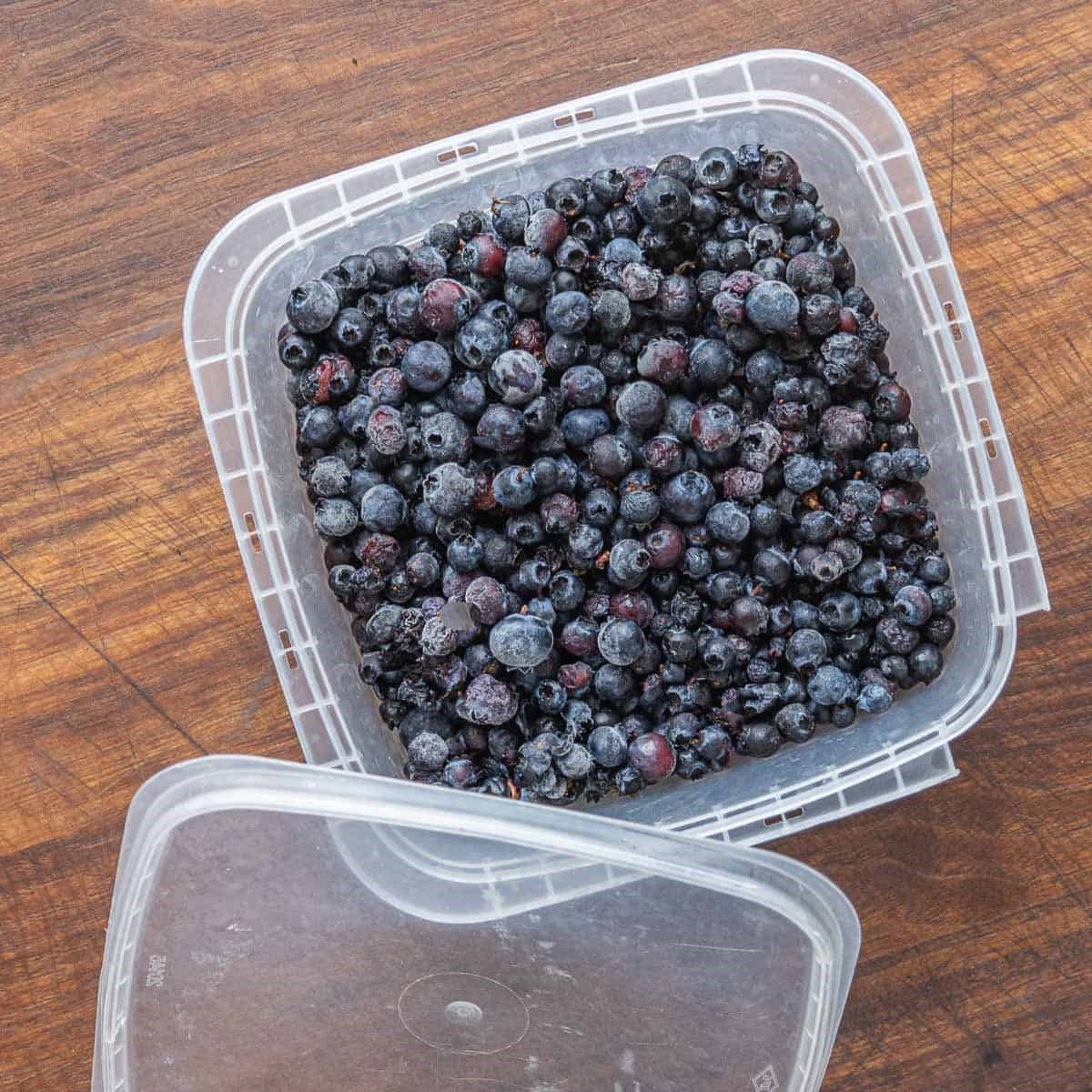

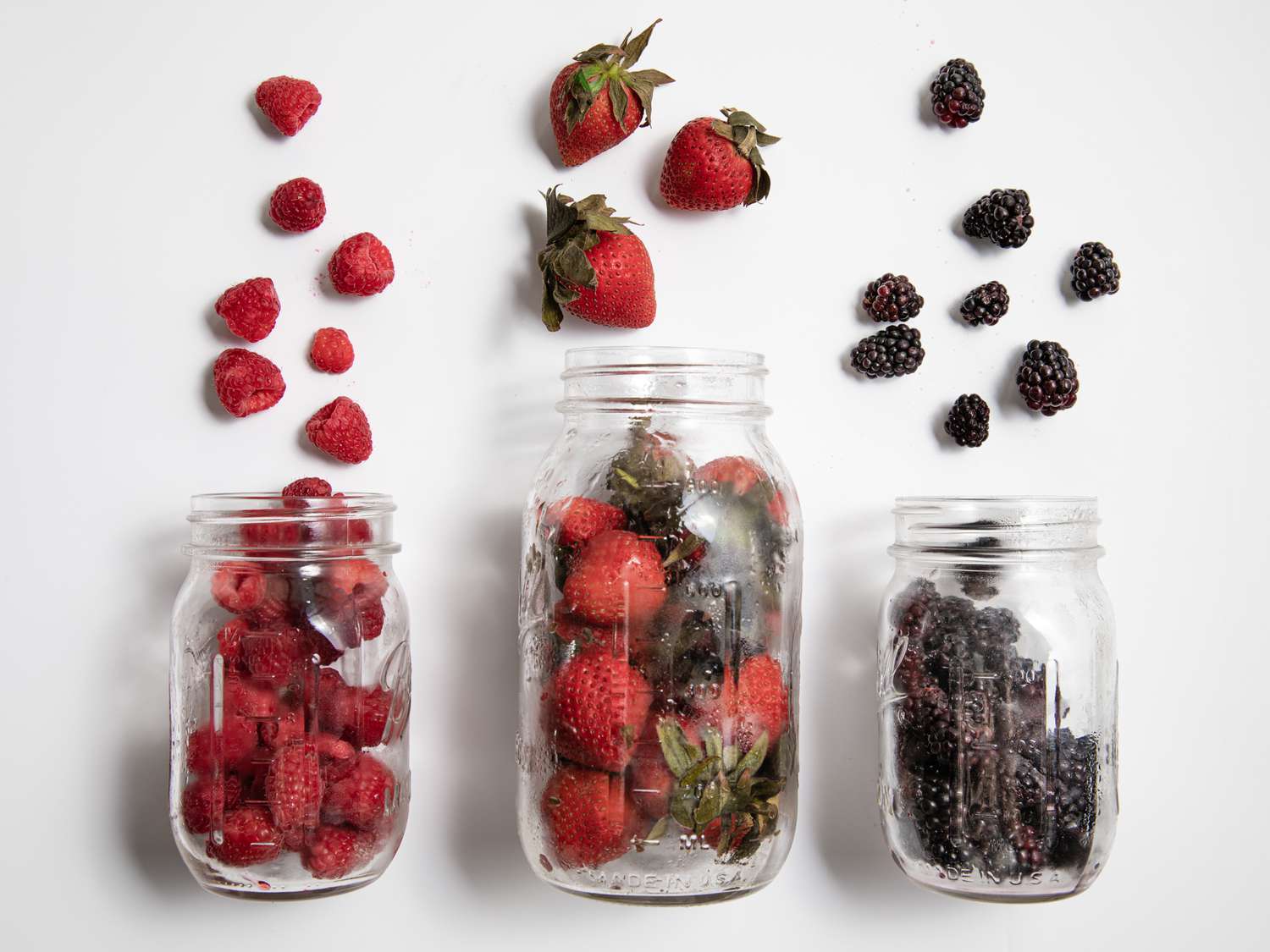
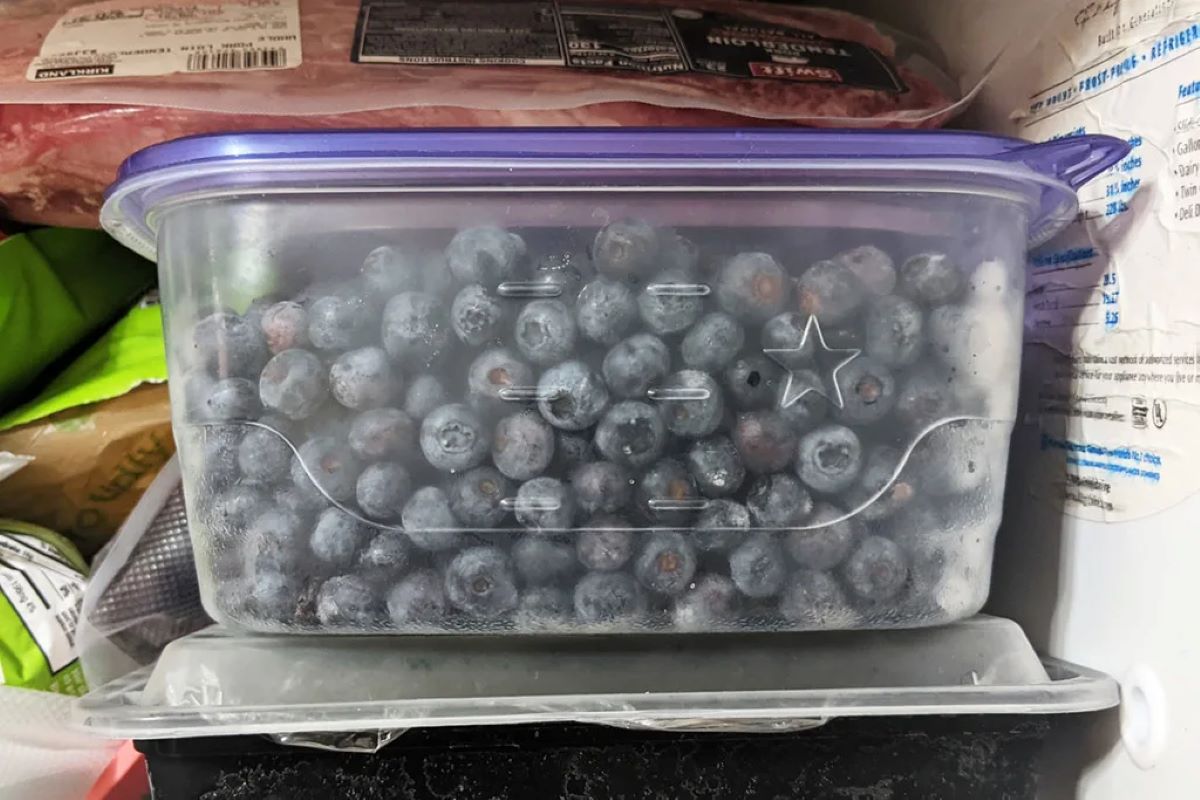
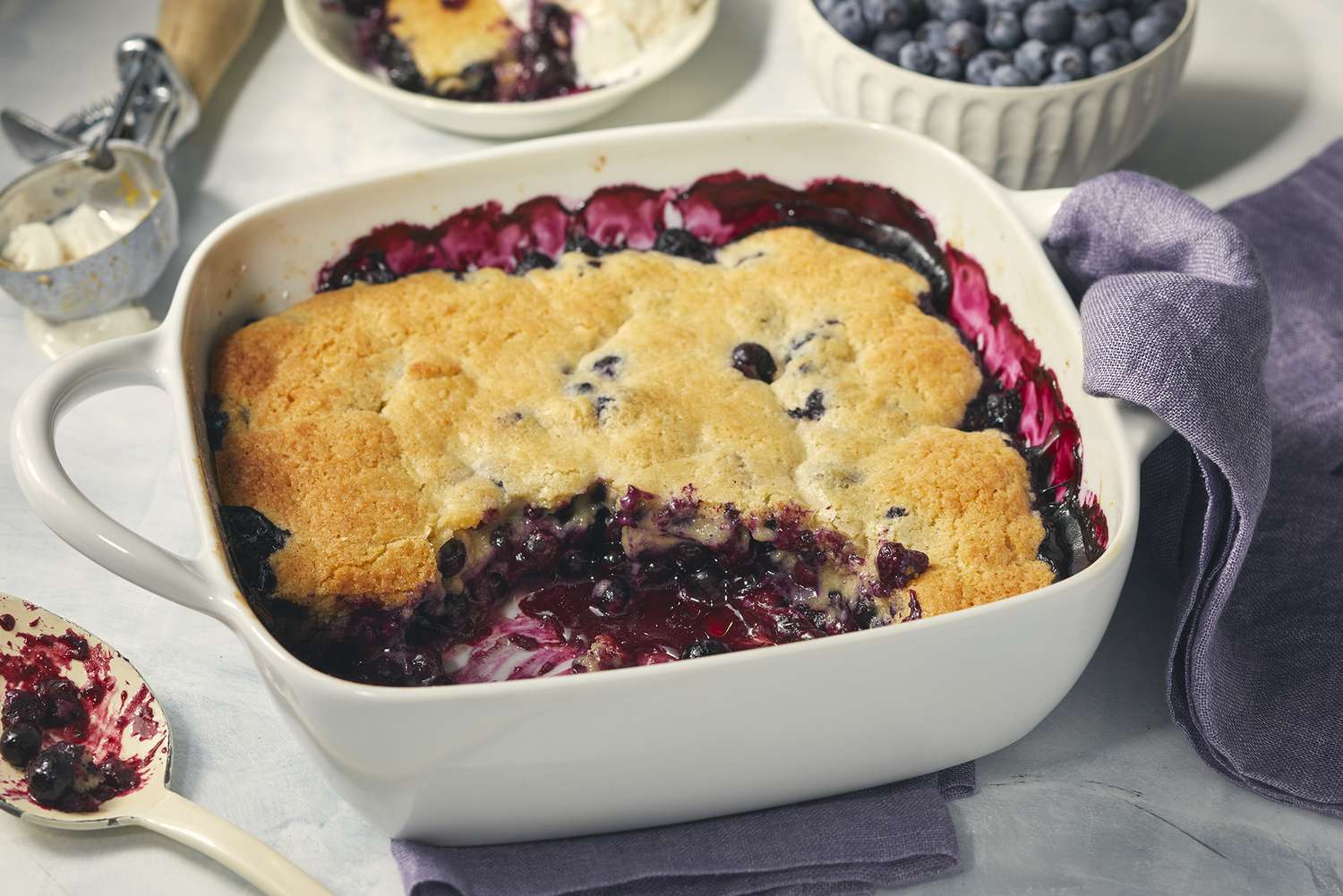
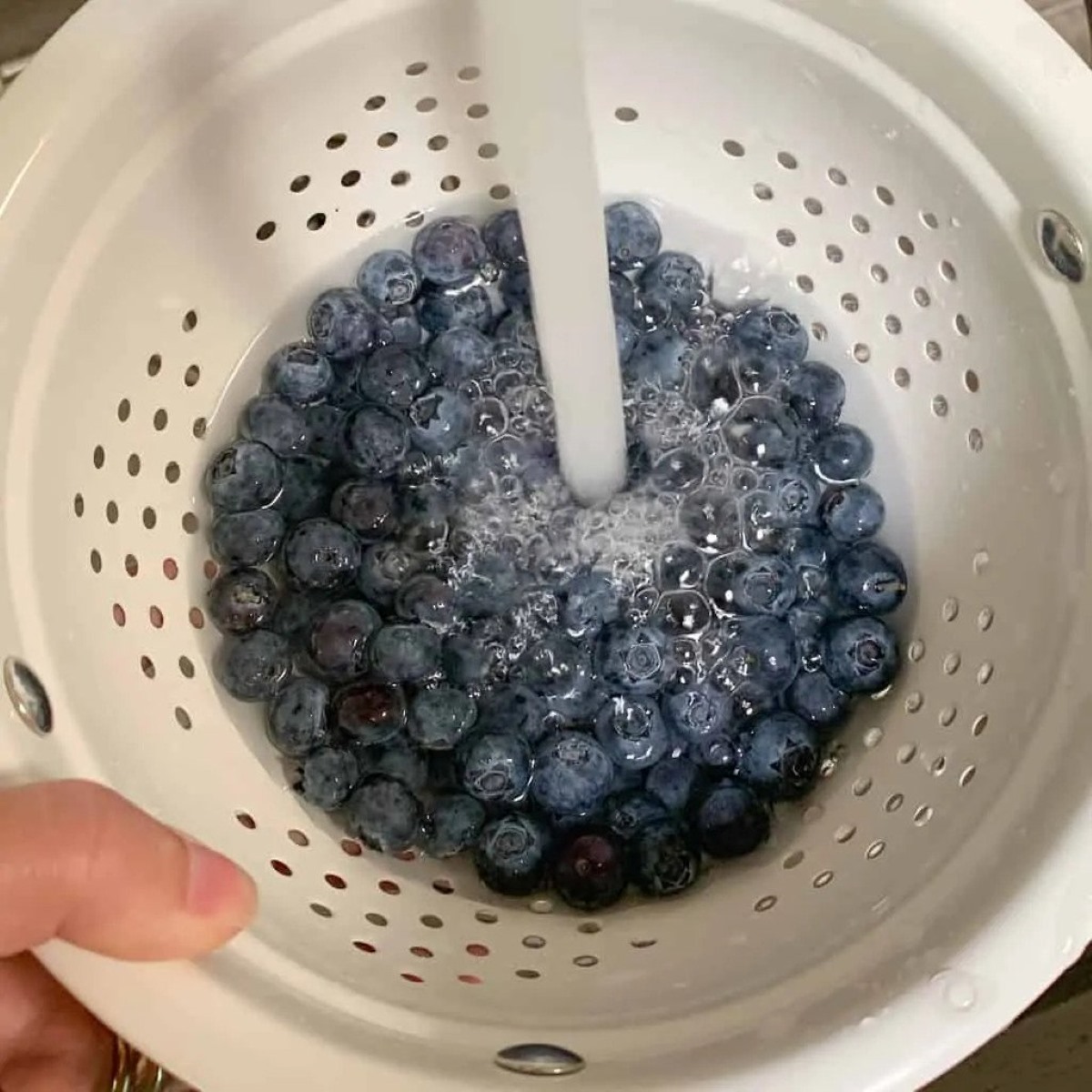


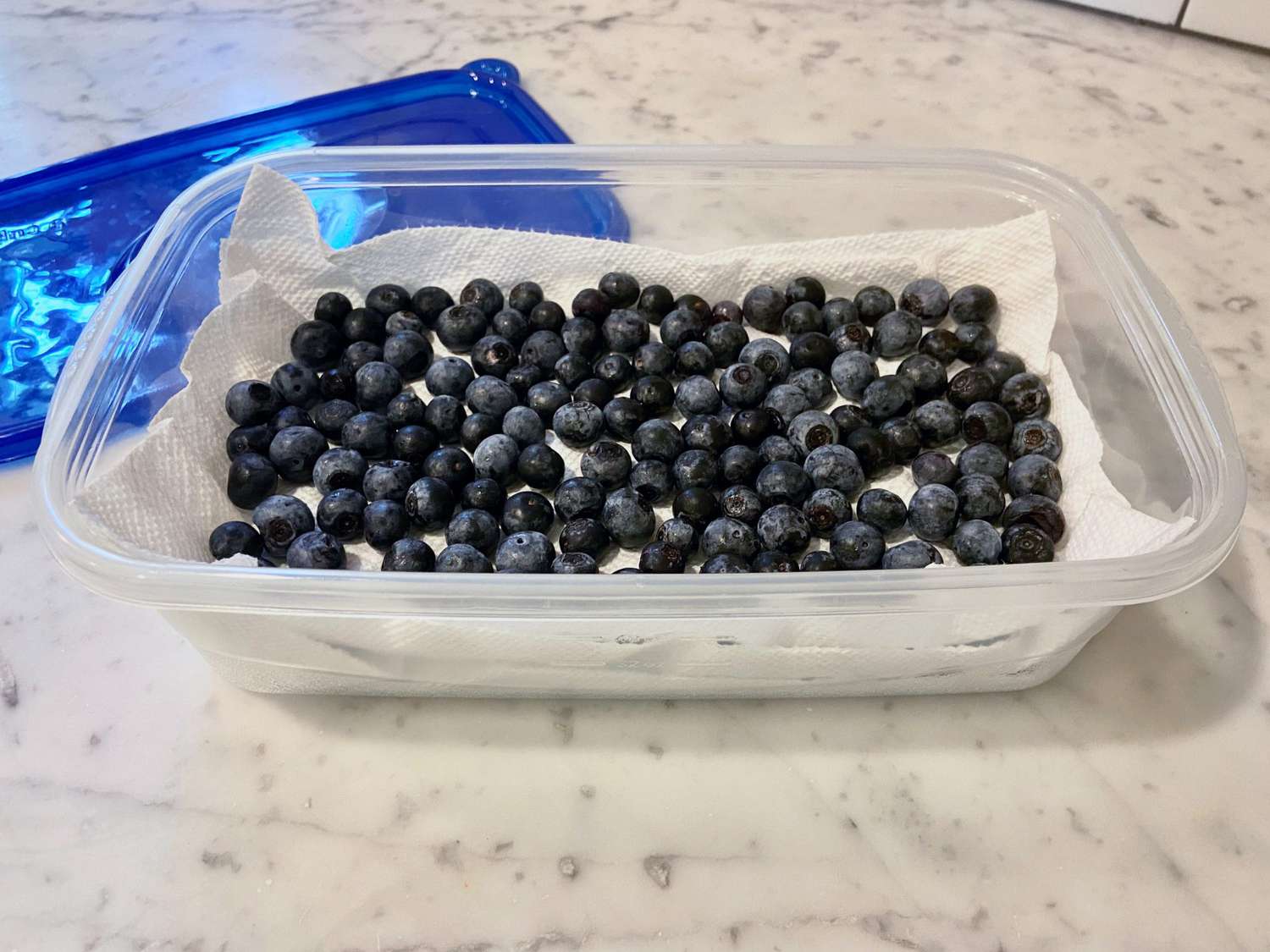



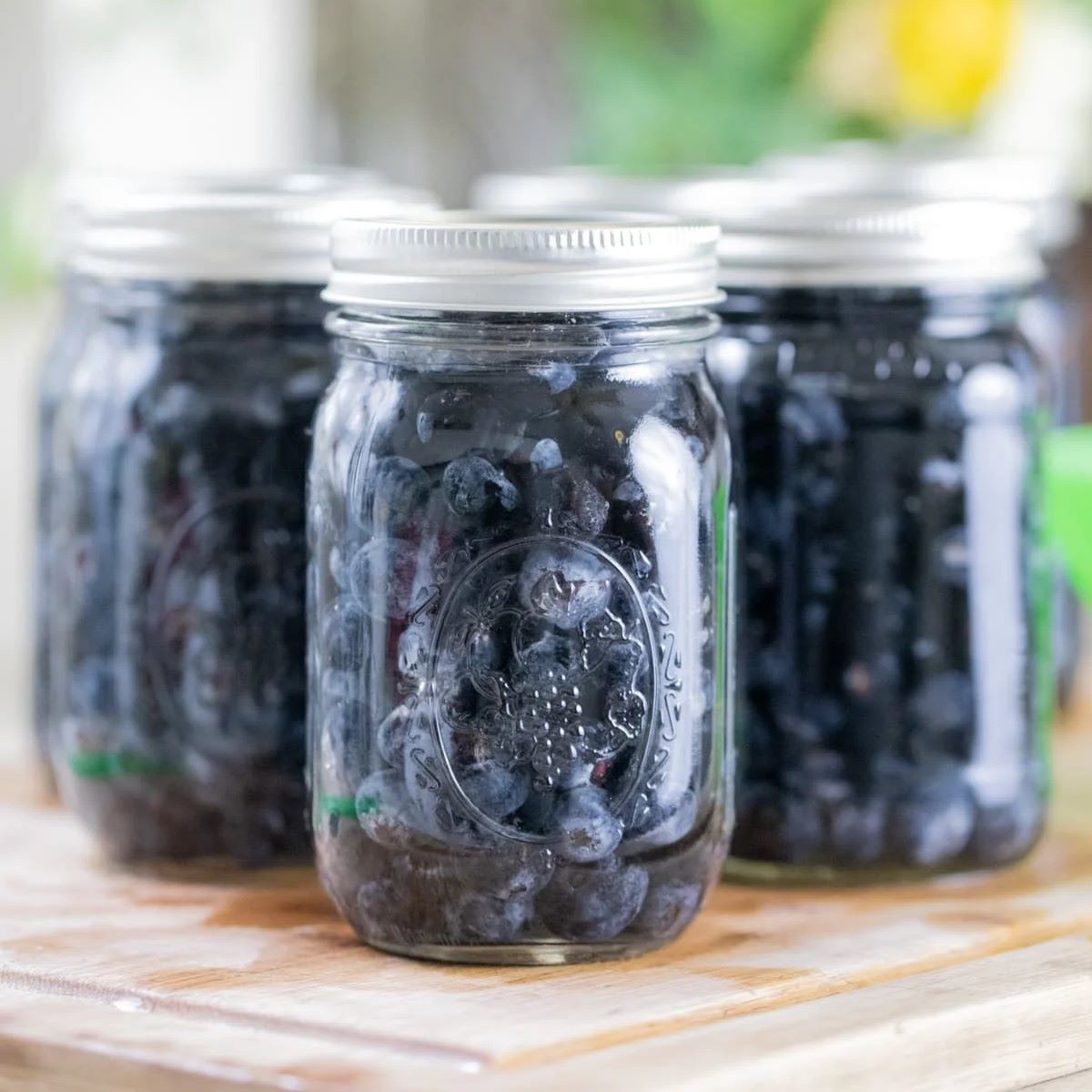


0 thoughts on “How To Store Blueberries In Fridge”